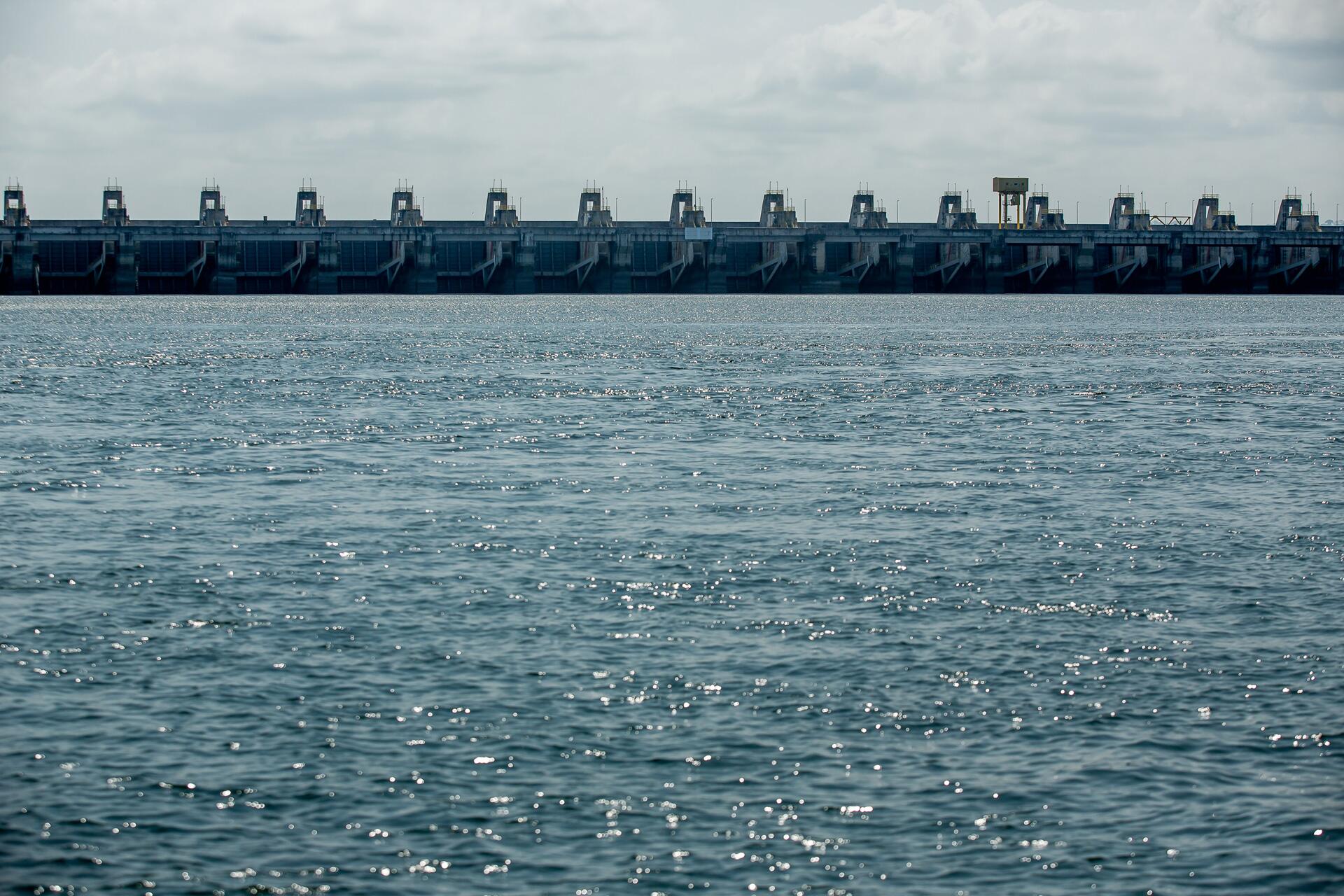FOREST PEOPLES UNDER THREAT
- Belo Monte’s sugary compensation to Arara
Indigenous people who used to live by hunting and eating vegetables are now receiving cookies, hot dogs and soft drinks as compensation for the construction of the power plant, which brought in chronic diseases. (InfoAmazonia) - Drought isolates towns and causes food shortages
River levels in the Alto Solimões region are so low that boats that supply local businesses can no longer reach the towns. Some areas have entered a state of emergency. (Amazônia Real) - Soy expansion comes with heavy toll
Pará state is suffering an “ecological war” waged by groups that seeking to standardize planting and progress in relation to monoculture with the use of pesticides. (O Joio e O Trigo) - Unsafe water in riverside communities
The water consumed by 36 communities in the state of Amazonasis is contaminated with fecal coliforms and minerals. The region has the largest river basin in the world, but there is little access to treated water. (Folha de S.Paulo)
ADVANCE OF DESTRUCTION
- Forest restoration project burned by criminals
A model reforestation initiative in an extractive reserve in the northern Brazilian state of Rondônia has been the target of an arson attack. The affected area had 360,000 trees. (((o))eco) - Narco-miners grew stronger under Bolsonaro
The dismantling of the environmental agencies under Bolsonaro’s government allowed criminal activities to converge. Money from drug trafficking began to finance gold mining. (Repórter Brasil) - Deforestation threatens soil bacteria and fungi
The transformation of the forest into pasture has ravaged bacterial diversity in the soil, according to a study. The microorganisms play an important role in storing methane that would otherwise go into the atmosphere. (Agência Fapesp)

Dam floodgates of the Belo Monte hydroelectric complex on the Xingu River in Altamira, in the state of Pará: as a result of the power plant, the indigenous people’s diet has changed radically. Photo: Lela Beltrão/SUMAÚMA
AMAZONIAN STORIES
- Indigenous coffee production
After being granted permanent ownership of their land in 1983, the Paiter Suruí people have started growing coffee in the state of Rondônia on land that was formerly stolen from them and turned into a plantation. (Mongabay) - Indigenous podcast records ancestral memories
A project by the Museu da Pessoa, in partnership with a network of indigenous communicators, has recorded 62 people’s stories about the memory of the Rio Negro. The episodes are published every two weeks. (ISA)
Spell check (Portuguese): Valquiria Della Pozza
Translation into Spanish: Julieta Sueldo Boedo
English translation: Mark Murray
Photography editing: Lela Beltrão
Page setup: Érica Saboya





